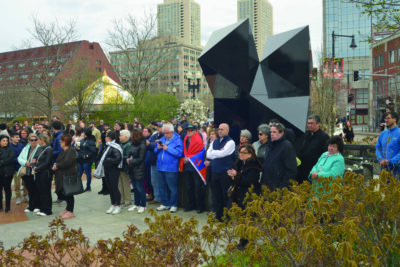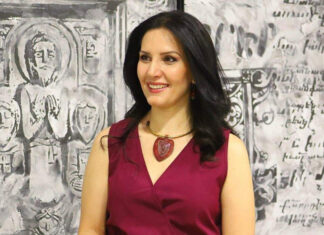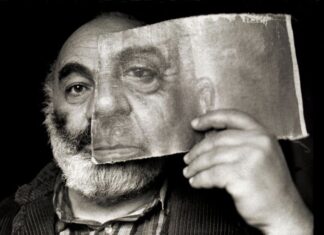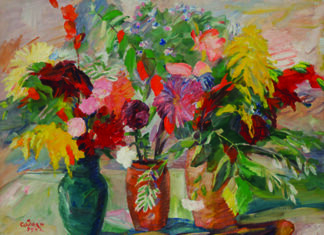By Alin K. Gregorian
Mirror-Spectator Staff
ANN ARBOR, Mich. — Gerald Papasian lives to act, direct and entertain. He has been in movies, television shows and more often, plays and light operas. He has done it for man years around the world.
Now, this Egypt-born, multitalented and multicultural artist, is putting his focus on bringing world attention to Dikran Tchouhadjian (Tchouhajian), the first composer of operas in the Ottoman Empire, who has been relegated to the forgotten pile.
The Paris-based Papasian, who founded the Dikran Tchouhadjian International Institute there, is spending two months as an artist-in-residence at the University of Michigan, Ann Arbor, as part of the Armenian Studies Department, lecturing on Armenian theater and opera in the 19th century, under Ottoman rule, in essence, lecturing on Tchouhadjian. While there, he is also continuing his research on him.
Papasian produced the integral version of Tchouhadjian’s opera “Gariné” in France, which was performed in Paris, London and New York. He has received noteworthy directorial credits in Detroit that include the Western World Premier of the Opera “Anoush” at the Michigan Opera Theatre, in 1981 and 2001. “Anoush” was considered the “best production of the season” by the American press. His restored version of Tchouhadjian’s opera “Arshak II” was performed by the San Francisco Opera House in 2001 as a world premiere 133 years after its creation.









